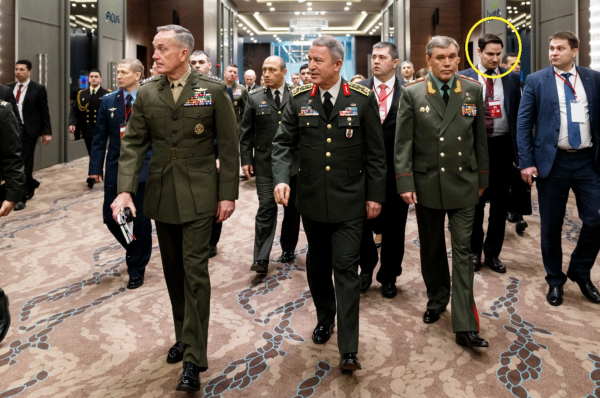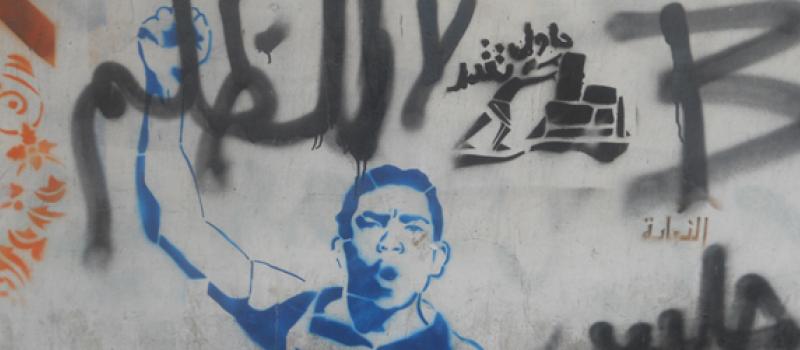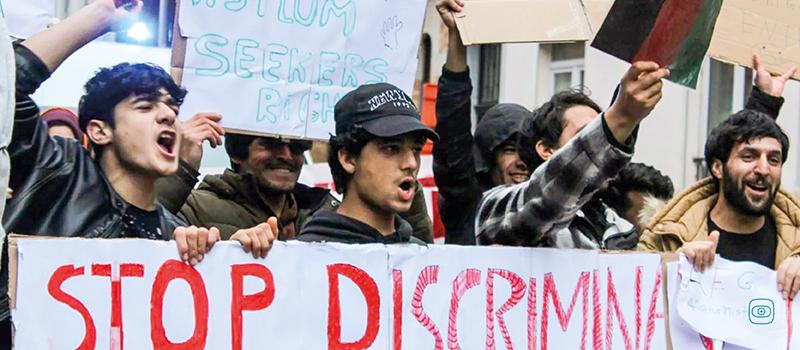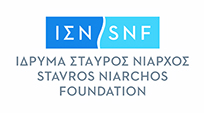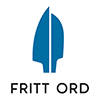
BRUSSELS - The identities of eight Russian "undeclared intelligence officers" who Nato recently expelled from Brussels shed light on the Russian espionage threat in Belgium, which also hosts EU institutions.
One of the Russians, Alexander Smushko from the GRU military intelligence service, was on first-name terms with Russian defence minister Sergei Shoigu and armed forces chief Valery Gerasimov, indicating that the Nato HQ was a high-value target. An operative from the SVR foreign intelligence service was an expert on Big Data. And one from the FSB domestic intelligence service appeared to have been looking for traitors in Russia's own networks in the Western capital city.
Several of them were educated at elite schools, such as the Military University of the Ministry of Defence, the Moscow Aviation Institute, and the Moscow State Institute of International Relations in Moscow. But others had obscure backgrounds, such as mailing home-delivery catalogues for a Cypriot-German firm or working in a car depot.
The "strikingly high" numbers of Russian spies in Belgium posed a danger because they were "100-percent hostile to Nato and the EU", in line with Russia's national security doctrines, an EU source warned. And the revelations posed the question if enough was being done to keep Nato and EU secrets safe.
***
The story arose from a joint project involving Andrew Rettman, a journalist from EUobserver, Anton Shekhovtsov, a Vienna-based political scientist, as well as the investigative team at the Dossier Center, a London-based NGO.
The Dossier Center is a London-based NGO financed by Mikhail Khodorkovsky, a former Russian businessman who lives in exile in the UK. Its mission statement is to track "the criminal activity of various people associated with the Kremlin" in Europe and beyond. It has published a range of journalistic investigations, including in-depth investigations on the 2018 murder of three Russian journalists in the Central African Republic and about GRU officers suspected of carrying out the Sergei Skripal poisoning in the UK. The Dossier Center worked on the murder of the Georgian citizen and ethnic Chechen Zelimkhan Khangoshvili in Berlin (the investigation and proofs of association of the murderer with the FSB activity contributed to the case being treated as an international crime). It also published an investigative report on cocaine traffic through the Russian embassy in Argentina that challenged the official investigation conducted by law enforcement in Russia and Argentina. In 2020, the Dossier Center released a report on how the FSB determines and controls the political and economic spheres in Russia.
Photo credit: http://mil.ru/ (Alexander Smushko (circled) with Russian armed forces chief Valery Gerasimov (third from right)
ONLINE:
- Exposed: Who were Russia's spies at Nato HQ? - EUObserver, 10/01/2022;
- Unmasked: Who were Putin's spies in the Kingdom of Belgium? - EUObserver, 11/07/2022;
- Revealed: Who were Russia's spies in the EU corridors? - EUObserver, 18/07/2022;
- How MEPs serve Russia via fake election-monitoring - EUObserver, 26/07/2022
- С широко закрытыми глазами, Novaya Gazeta Europe, 02/08/2022.
need resources for your own investigative story?
Journalismfund Europe's flexible grants programmes enable journalists to produce relevant public interest stories with a European mind-set from international, national, and regional perspectives.
support independent cross-border investigative journalism
We rely on your support to continue the work that we do. Make a gift of any amount today.


